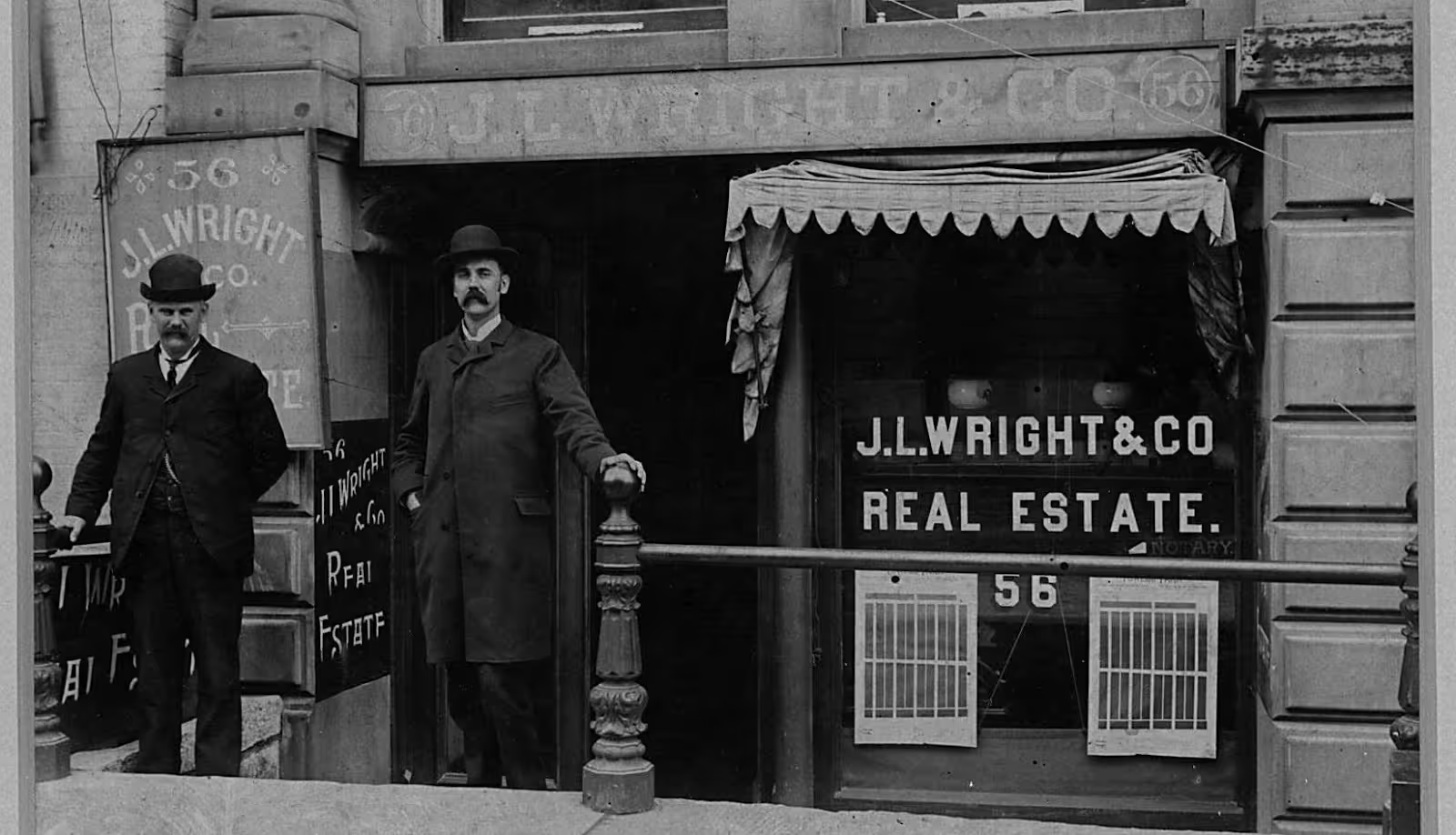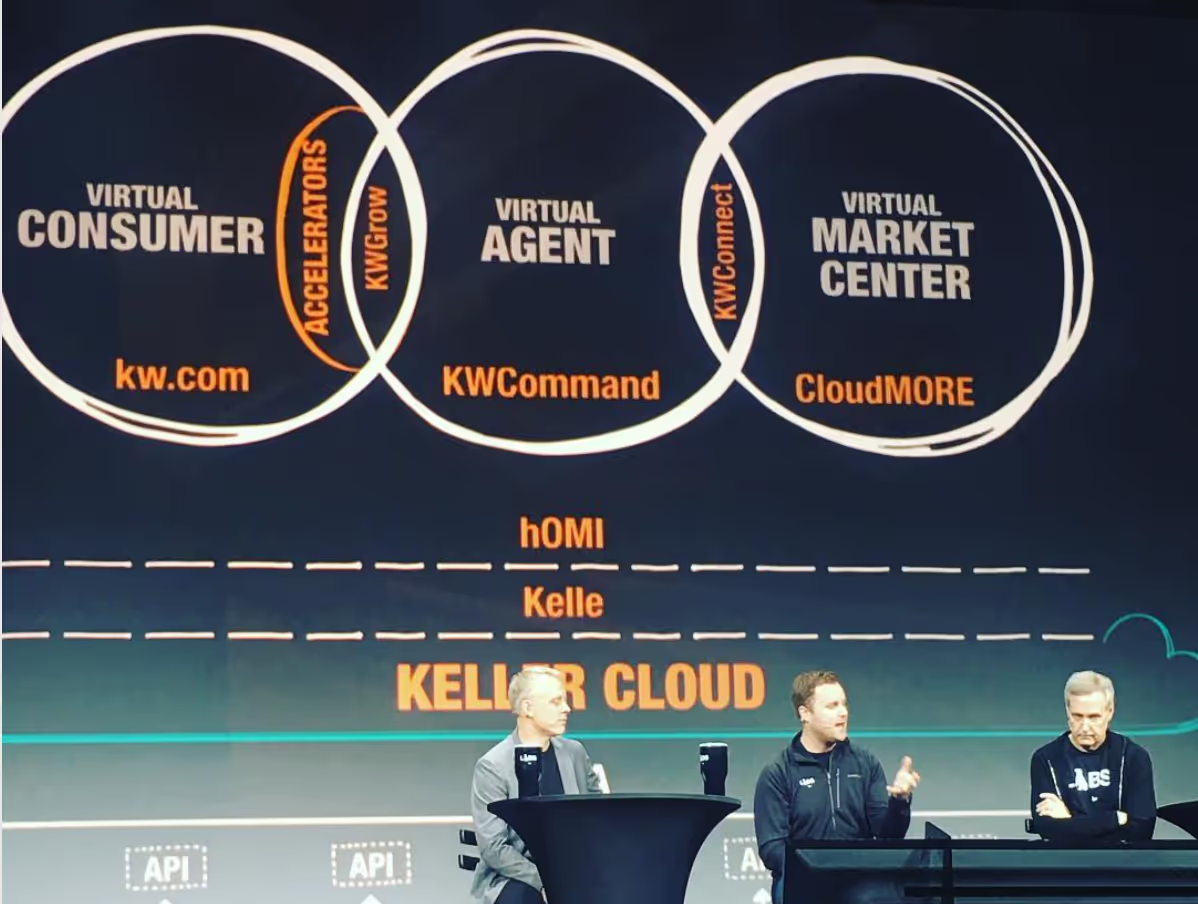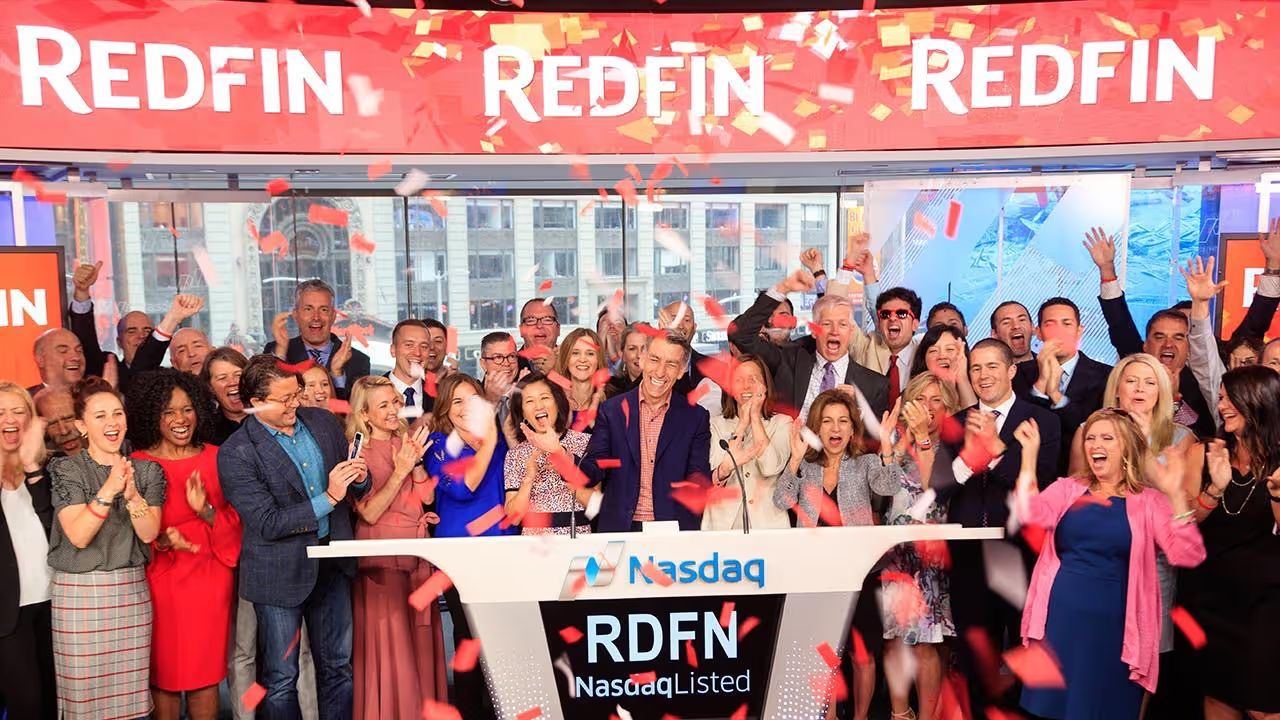“Hotels own the supply, but Airbnb owns the demand. Taxis own the supply, but Uber & Lyft own the demand.” – David Cancel
Notice the trend?
It’s all because of the internet. With everything accessible 24/7/365 in real-time, buyers in the internet era never sleep.
Imagine if Amazon's website closed after 5 p.m. That won’t happen, ever. But Amazon isn’t thriving because it's open 24/7 – it’s because its customers are listened to and their needs are met. By listening to their customers, companies like Amazon can innovate, create new products, and formulate new strategies to stay ahead of their competition.
So what do companies like Amazon, Apple, Uber, Airbnb, Zillow, Netflix, etc. have in common? What’s the secret to their success?
Being closest to the customer.
A shift in market dynamics is taking place as more and more businesses are noticing the value in maintaining a close relationship with the customer. Owning the supply is no longer the most valuable thing – owning the demand is.
What about real estate?
In the old days, buyers and sellers had to consult the brokerages since they controlled the listings, managed the agents, and had the know-how when it came to buying and selling real estate.

With this control over information, brokerages were able to dictate the demand, so the customer was forced to go to the brokerage whenever they wanted to buy or sell real estate. They had all the power and customers had no choice.
Most real estate brokerages today continue to operate using the old model. They think that they’re still able to dictate how the customer is going to buy their service, by controlling the supply (listing data).
This was true before the Internet.
The Internet gave consumers two things that would ultimately create the shift from supply to demand:
- Easy access to information regarding the buying/selling process
- Access to infinite suppliers
Now consumers don’t have to go to brokerages to find listings, and can simply learn how the buying and selling process really works from other sources online.
This has allowed new companies to come along and disrupt the real estate industry by merely shifting their focus from supply to demand.
If you look at the most successful companies today, a large percentage of the “supply” present on these platforms is not owned or sold by the company itself. Going back to the Amazon example, the products that you see on Amazon are mostly owned and sold by third parties and not necessarily Amazon itself.
Airbnb listings, Uber taxis, Zillow listings…
"The companies act as demand generation and capture mechanism", as David Cancel puts it.
With this new influx of supply, customers now have the power to pick and choose the company that has the best brand, offers the best service, and has the easiest access to information – the luxury of choice.
In a world with infinite supply, the buyer (demand) now has the power.
What is infinite supply in the real estate world? It’s the unlimited access to listing data on several platforms.
So how do you compete in a world of infinite supply?
In a world of infinite supply, you have to stand out by being the company that serves your niche of customers the best. And the way you do that is by focusing on your brand, your product, and your service.
1. The brand
A brand creates an emotional connection with people at a deeper level, outside of the product you offer. A strong brand helps you differentiate and defend yourself in a world of infinite supply. A brand is authentic – it’s who you are, so you can’t fake it.
Amid the shift happening in the market, two real estate brokerages have recently decided to strengthen their brands.
Coldwell Banker’s ad
In this ad, Coldwell Banker’s messaging is based around how a little bit of love can go a long way. It features a Coldwell Banker realtor helping a family cope with the painful process of moving. The ad successfully focused on the consumer and not on them, which is what value is all about.
The commercial is authentic and human. They reinforce their brand promise with a new tagline: “Dedicated to the love of people and home since 1906.”
Century 21’s Rebranding

Century 21 doesn’t want you to settle for the first (or average) real estate agency that you find.
According to C21, the new brand was developed around the disconnect between the investment people make in buying or selling a home and the perceived value they receive from finding the right real estate agent who fits their needs.
"This is just the beginning of the bold ambitions we have for challenging existing conventions in real estate relationships and to progress the industry in ways that favor the consumer yet directly help our agents and brokers break through the clutter and noise and win in the markets they operate in," said Cara Whitley, Chief Marketing Officer of Century 21 Real Estate.
2. The product
Two other brokerages have recently created some buzz over the changes that they’re implementing: Keller Williams and Compass. Both have a product focus.

KW is shifting their focus towards building better tech products. In a keynote, their founder said, “We are a technology company No. 1, and that means we build technology”. He also mentioned that, with the help of AI, “you can have a more meaningful conversation with your client.”

Compass, a traditional real estate brokerage firm founded in 2013, is having an impact in the industry. It raised $450 million from SoftBank, and is currently valued at around $4.2 billion. How is Compass focusing on their product?
Ori Allon, one of the company’s founders, mentions in an interview:
“We’re building proprietary analytics technologies to help our agents triangulate the value of properties, develop property-specific marketing ROI plans, predict how the market will respond to new properties entering the market. We are bringing the science to what has for too long been only an art.”
The company says that it’s “building the first modern real estate platform and pairing the industry’s top talent with technology to make the search and selling experience intelligent and seamless.”
3. The service
Among those who are focusing on service is Redfin. Said to be one of the most interesting and important brokerages, Redfin is doing something right.

As part of their initiative to focus on improving service, Redfin is lowering the number of homebuyers each agent serves in order to deliver a more personal service.
Redfin is also focusing on growing their website traffic, which has seen steady growth for the better part of a decade.
In their Q3 2017 Earnings Report, they mention that “technology is also driving more visitors to contact our agents. The ability for new customers to start an online chat with a locally licensed Redfin employee… let us respond within 25 seconds to a customer's chat request rather than 40… And if online chats continue to lead to in-person meetings with our agents and, ultimately, to profitable home sales, we expect a nationwide rollout in 2018. Redfin's technology not only increased the number of customers we could reach last quarter, but the quality of our service.”
In that same Earnings Report, Glenn Kelman, President and CEO of Redfin, said:
“But with the agent, the name of the game is really to increase close rate. And the way that we do that is giving agents better tools to serve our customers. So if you notice that a customer is online on our website, but just hasn’t been active with the brokerage, that’s a signal that you probably need to reach out and see what’s going on. If you notice that the customer is searching often but hasn’t set up online alerts, that’s a sign that you need to do that for the customer.”
“So I think most of the software that we’re developing over the course of this year is to personalize the service so that we know more about what that customer needs at any given moment and can be there to deliver that service at the right time. And we think that it can significantly increase close rate because we still spend most of our time with people who don’t end up buying a house.”
Brand, Product And Service Combined
However, it isn’t the company that focuses on product or brand alone that wins. It’s the trifecta of brand, product, and service that helps your company stand out from the crowd. That’s called customer experience.
So in a world where the customer has all the buying power, real estate brokerages have to re-imagine how they’re dealing with them, how they’re selling to them, and how they’re marketing to them.
1. Brand: Be authentic, be yourself. Building a brand means creating a story around your company that connects with people at an emotional level. Don't be scared to have a unique story and stand for something that people can care about. What makes you different?
2. Product: It’s easy to get lost in a sea of products that don’t integrate and work seamlessly together. You end up with a million dashboards to sign into and a million reports to look at.
Before you know it, you and your agents are frustrated and want nothing to do with tech. Instead, think about the one thing that you want to accomplish. Is it lead gen? Is it agent productivity? Or is it making the search and selling experience intelligent and seamless?
3. Service: How can you make your customers' lives easier? One of Redfin's answers to that was enabling their customers to start an online chat with them.
If I told you that 50% of your customers want to be able to message or communicate with a business 24/7, are you providing that service to them? The question then becomes, "how are you going to scale in a world where the consumer demands 24/7 access from you and wants to have a real conversation with your business online?” How are you going to maintain a level of high-quality service?
There needs to be a shift in the brokerage’s way of doing business – not necessarily a major one, but at least a small one. That shift has to put the focus a little more on the customer, in order to provide them with the best experience possible.
At Roof AI, we're helping you operate the way consumers today are demanding. And the best part: you can deal with this massive shift from supply to demand without changing the way you do business.













